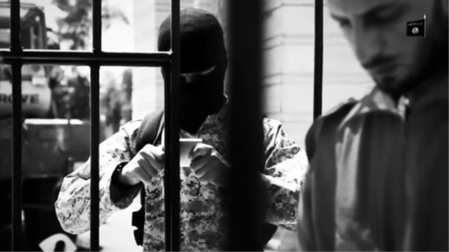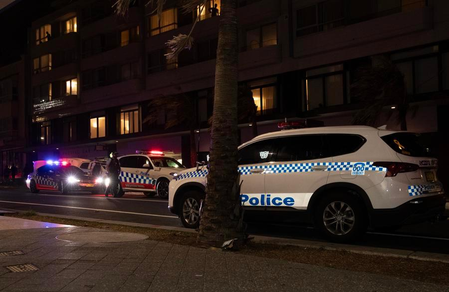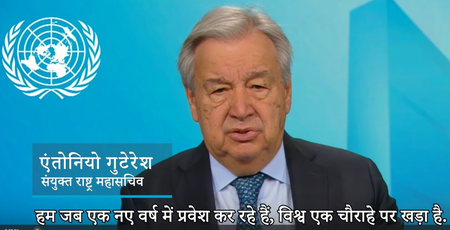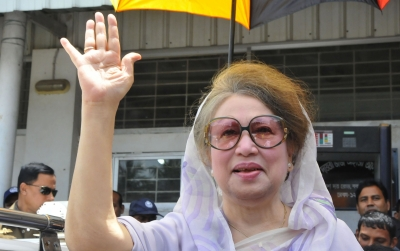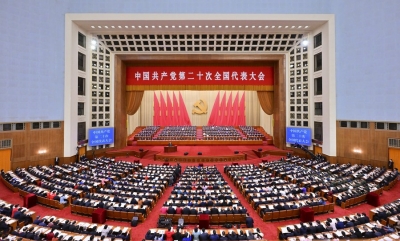
Beijing, Nov 1 (IANS) Chinese media, including television shows and films, have long served as instruments for reinforcing official narratives, with regulatory authorities in Beijing strictly scrutinising and shaping content to ensure alignment with the Chinese Communist Party (CCP) ideology, a report stated on Saturday.
It mentioned that scripts and plotlines are crafted to glorify the CCP’s role in history, promote patriotism and portray events that protect the regime’s image.
“On 3 September 2025, Tiananmen Square hosted a grand military parade, the centrepiece of Beijing’s official campaign commemorating the 80th anniversary of China’s victory in the War of Resistance Against Japanese Aggression. Yet the rise of viral ultra-short war dramas has turned wartime memory into a form of online entertainment, revealing Beijing’s larger struggle to keep the memory of the war both politically useful and firmly under its control,” a report in the ‘East Asia Forum’ detailed.
“The War of Resistance has long been the focal point of the Chinese Communist Party’s (CCP) internal legitimacy and long-term war memory. In the wake of the 1989 Tiananmen Square protests, the CCP intensified its narrative strategy by launching a nationwide patriotic education campaign. The campaign redesigned textbooks and established mandatory patriotic education bases, highlighting Japanese atrocities to leverage national humiliation as political capital. In the following decades, ideological and political education in schools were overhauled in alignment with this campaign, placing the Party at the centre of wartime resistance,” it added.
According to the report, the July–September 2025 commemorative campaign marked a key moment in this longstanding strategy, with the CCP organising a series of coordinated events, including themed exhibitions at memorial museums and a grand military parade in September.
However the over exposure to the war memory, it said, has generated a cultural side effect where alongside state-led commemorations, a market for patriotic entertainment has emerged online, particularly among the youth.
The report stressed that the surge of ultra-short war dramas on Douyin — China’s domestic version of TikTok — and other platforms reflects both an innovation in storytelling and a subtle challenge for the CCP’s propaganda apparatus. Yet as these dramas blur the line between state propaganda and commercial entertainment, it has also attracted increased scrutiny from Chinese regulators.
“As the Party cracks down on this digital phenomenon, it faces the difficult question of whether it can still claim a monopoly over historical memory in an age of virality. The 80th anniversary highlighted how contested the Party’s grip on memory has become. The struggle over how young Chinese remember the war is no longer just about the Party’s narrative authority but also about how it negotiates the boundaries of political memory with Chinese society,” the report noted.
–IANS
scor/as

